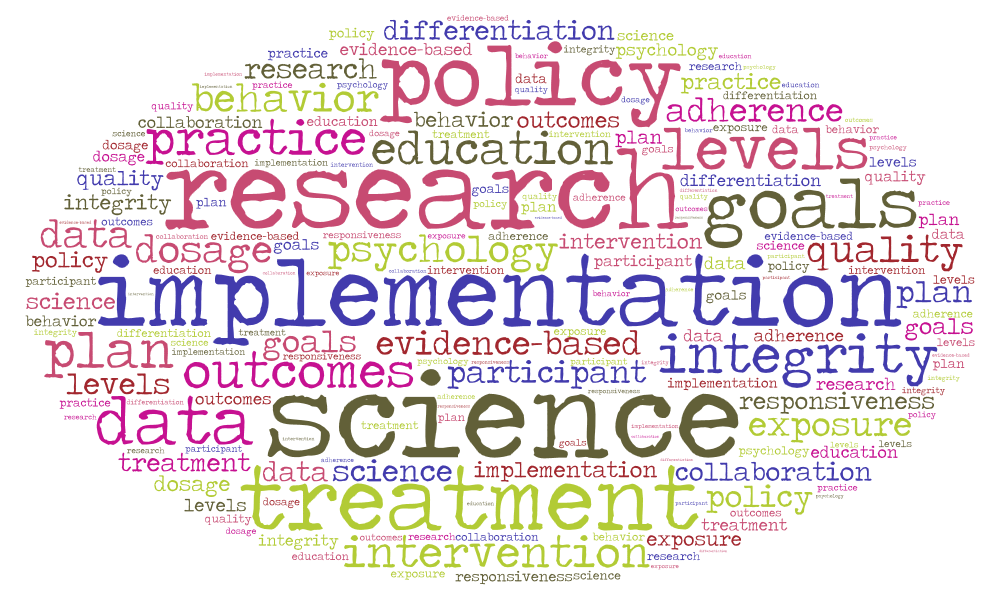
Advancing Policy and Practice through Implementation Research
What is implementation science?
Implementation science is the study of methods to promote the integration of research findings and evidence into the practice and policy of education and research. The goal of implementation science research is to understand professionals’ behavior related to the uptake, adoption, and implementation of evidence-based interventions.
Why is the study of implementation important to policy and practice?
• On average, it takes 17 years for 14% of research to translate to practice1. As a result, people experience a long delay in receiving, or are never offered, interventions that have been proven to be effective.
• To integrate knowledge of implementation during the development and evaluation of interventions so that those found to be effective can be successfully applied in real-world settings.
• Increasing the number of interventions that are implemented in psychology and education can have a profound impact on public health and student achievement.
Supporting Implementation Practice through Sustain Collaborative
What is the Sustain Collaborative?
The Sustain Collaborative was started by researchers at the University of Connecticut and Columbia University to support sustained, effective practices that promote equitable outcomes for students and educators through collaboration, interdisciplinary research, and resource sharing
What resources do you share? Where can I find them?
Don't have time to read all the latest in implementation science and practice in schools? We understand. You can download free, accessible summaries of implementation research, best practices, and tips and follow our Twitter account linked below!